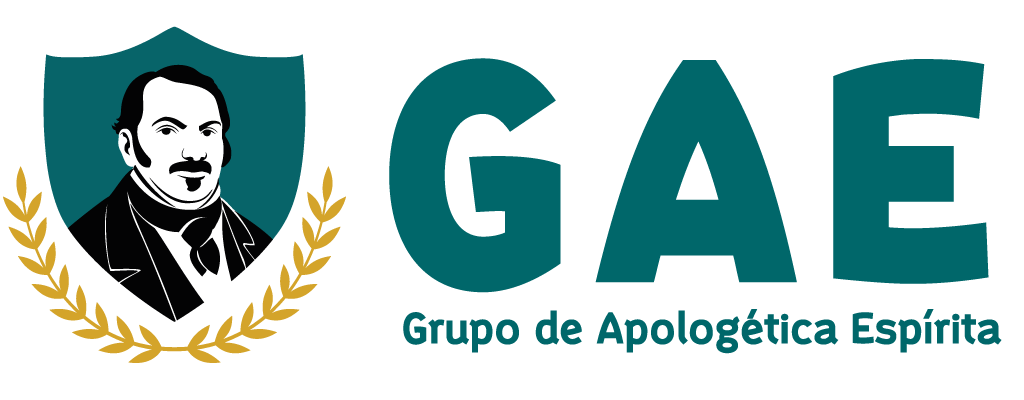|
Getting your Trinity Audio player ready...
|
Resumo: O texto discute a origem e a composição dos Evangelhos, questionando a sua autenticidade e a influência da Igreja Católica na seleção dos textos canônicos. Ele destaca a compilação da Vulgata Latina por São Jerônimo, a partir de múltiplas narrativas, e a escolha de apenas quatro evangelhos. O texto também explora a visão espírita, apresentada por Allan Kardec, que vê os Evangelhos como livros mediúnicos, enfatizando a importância dos ensinamentos morais acima de controversas históricas e dogmáticas. A Igreja, por sua vez, justifica a inspiração divina dos Evangelhos através da mediunidade dos evangelistas. Finalmente, o texto contrasta a interpretação espírita com a visão oficial da Igreja.
Palavras-chave: Evangelhos, autenticidade, Vulgata Latina, Allan Kardec, ensinamentos morais.
Abstract: The text discusses the origin and composition of the Gospels, questioning their authenticity and the influence of the Catholic Church in the selection of canonical texts. It highlights the compilation of the Latin Vulgate by Saint Jerome, based on multiple narratives, and the choice of only four gospels. The text also explores the Spiritist view, presented by Allan Kardec, who sees the Gospels as mediumistic books, emphasizing the importance of moral teachings above historical and dogmatic controversies. The Church, in turn, justifies the divine inspiration of the Gospels through the mediumship of the evangelists. Finally, the text contrasts the Spiritist interpretation with the official view of the Church.
Keywords: Gospels, authenticity, Latin Vulgate, Allan Kardec, moral teachings.

